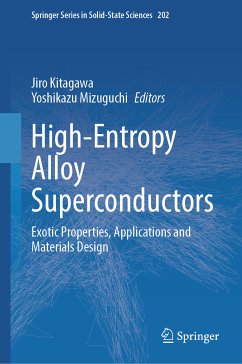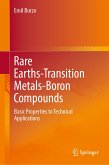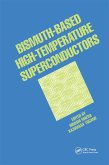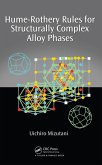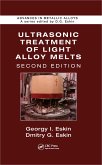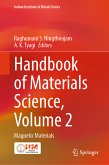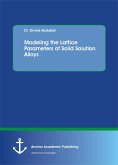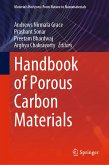In this book, HEA superconductors are classified into two primary categories: The first class encompasses alloy systems characterized by body-centered cubic and hexagonal close-packed structures; and the second class comprises intermetallic types. In each of these classes, the authors expound upon the exotic properties, applications, and materials design, aligning with the overarching themes of their work.
This book delivers a topical and timely discussion of superconductivity associated with the high-entropy state, the potential applications under consideration, and the intricacies of materials design. These recent discoveries are poised to captivate many researchers in materials science, particularly those engaged in high-entropy alloys and the realm of superconducting properties and technology.
Dieser Download kann aus rechtlichen Gründen nur mit Rechnungsadresse in A, B, BG, CY, CZ, D, DK, EW, E, FIN, F, GR, HR, H, IRL, I, LT, L, LR, M, NL, PL, P, R, S, SLO, SK ausgeliefert werden.

